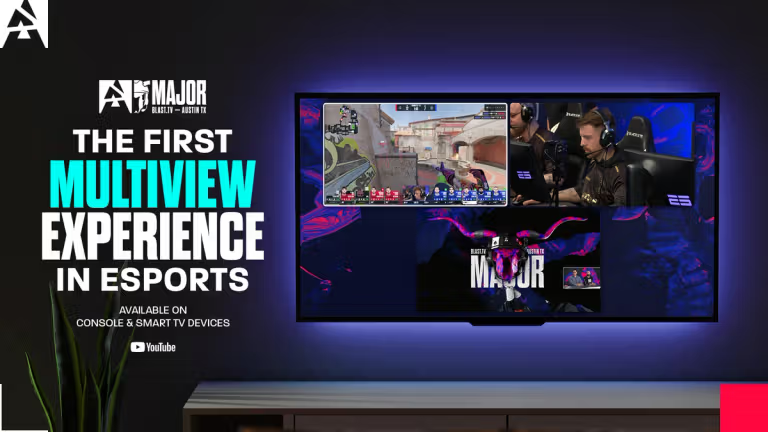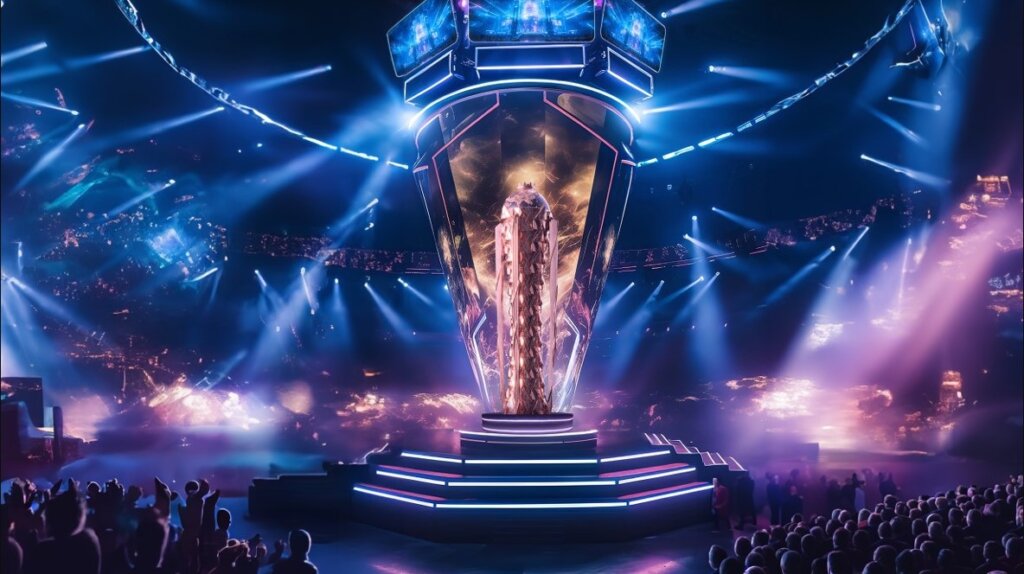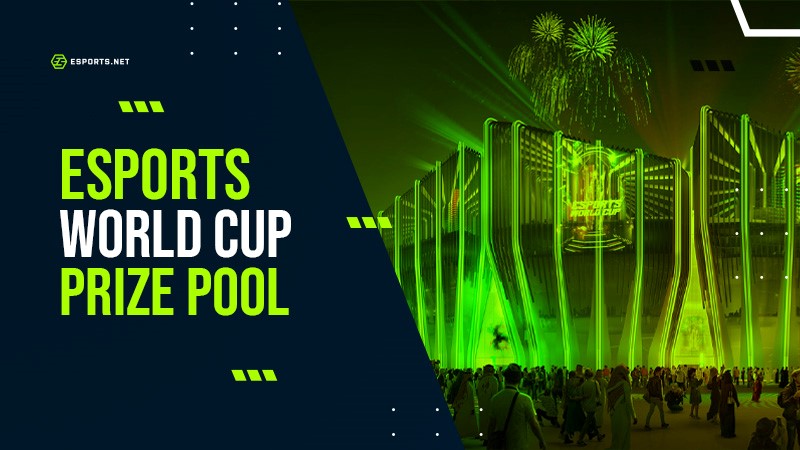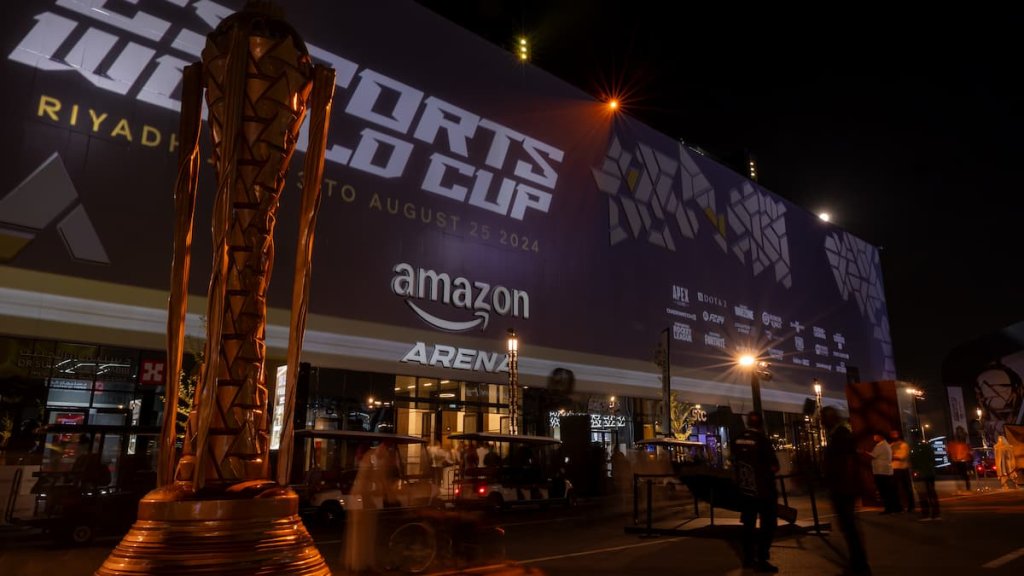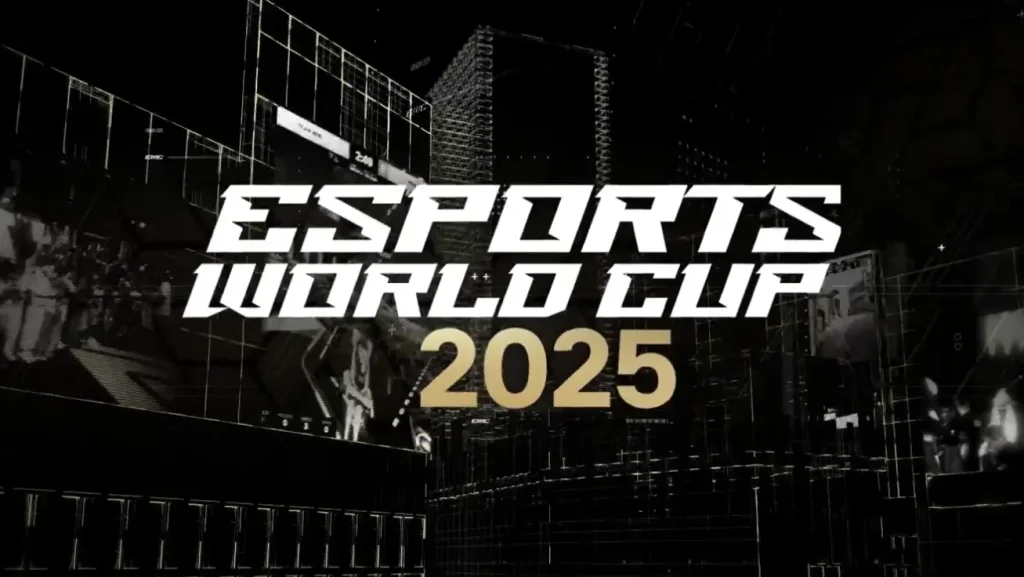
China clamps down on esports like Fortnite and PUBG
The Chinese government has shocked the esports world by placing a ban on top gaming titles like Fortnite and Playerunknown’s Battlegrounds. This comes as a result of a new Online Ethics Review Committee that stated that many top esports were promoting incorrect values. In addition to this, the review also reported that other games like League of Legends and Overwatch would need to implement ‘corrective action’ if they wish to remain unbanned.

© REUTERS | Stringer
It’s a shocking move from the Chinese government who had previously introduced many measures to ensure that its country’s gamers could compete at the highest level in the esports realm. In addition to this, the moves look to hit established Chinese games developers like Tencent and NetEase particularly hard. There have been a total of 20 games that were negatively reviewed by the committee, and 11 of these needed to take corrective action in order to still be legally played in China. So does this mean that we could see China withdrawing from the global esports scene?
Why has China banned certain video games?
The report by the Online Ethics Review Committee focuses on the ‘incorrect values’ promoted by many of the world’s favourite video games. These largely concentrate on the use of blood and gore, as well as the way in which certain games’ female characters are depicted.
In particularly, it’s battle royale games like Fortnite and Playerunknown’s Battlegrounds that have been hit hardest. Titles like PUBG, H1Z1 and Ring of Elysium have be pinpointed for featuring what has been deemed as too much ‘blood and gore’, whilst Paladins what targeted for its inclusion of blood, gore, vulgar content and ‘overly revealing female characters’.
It’s something of a mystery as to why Fortnite has been banned as its cartoon-styled visuals are fairly gore-free, but it could be that the Chinese government is targeting the hugely popular battle royale genre as a whole. Some of the rulings were a little more mysterious. For example, Overwatch was targeted as a result of having visuals that promoted ‘incorrect values’, whilst certain missions in Diablo were felt to ‘include fraud’.
Other titles were found to be satisfactory in terms of their gameplay, but extra in-game features such as chat rooms were declared to be unsuitable. Classic titles like World of Warcraft were found to have ‘inharmonious’ chat environments, and this accusation was also levelled at games like Overwatch and Diablo. And with even an iconic esport like League of Legends getting singled out for including ‘overly revealing female characters’ and an ‘inharmonious chatroom’, it seems that few of the world’s favourite esports have remained untouched by the review.
How could this impact games publishers?
The news from China came from a documented thread on Reddit, and as such, many of the games publishers targeted have yet to release any official statements. However, as several titles like Overwatch, Diablo and World of Warcraft are published by Blizzard Entertainment, then we expect this company to take measures to ensure that they don’t miss out of the world’s biggest gaming market.
Chinese companies like TenCent and NetEase have been especially hard hit by the report. Tencent has stakes in Riot Games who produce the hugely popular League of Legends, plus the multinational also have helped produce Playerunknown’s Battlegrounds, Paladins and three other titles in the list of banned games. It’s a particularly bitter blow for Tencent who had already lost around $20 billion in value as a result of new gaming regulations in China earlier this year.

© Epic Games | PUBG Corporation
What can be done to alter the gaming ban?
It’s hard to see how games publishers will be able to convince the secretive Chinese government from overturning their ban. Titles like PUGB and H1Z1 make violence an essential part of their gameplay, and it’s tricky to see how the female characters in titles like League of Legends and Overwatch could be redesigned to meet the Chinese authorities’ tastes. Many of the games were targeted as a result of supposedly ‘inharmonious chat rooms’, and it’s difficult to see how these issues could be resolved without banning the in-game chat feature outright.
The Chinese government has already had a notoriously unpredictable approach to the esports phenomenon. Whilst they can pump millions into creating massive gaming stadiums for the LGD Gaming, they don’t seem to notice the irony that LGD Gaming specialise in League of Legends which is now on the list of banned games.
In addition to this, the authorities have already forced companies to make sure that the odds of loot boxes are made public, and even went as far as banning Twitch outright as a result of having unauthorised streams. All of which shows that the future of esports in China could become even more complex.
Read also our guide about H1Z1 betting
